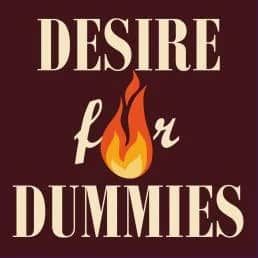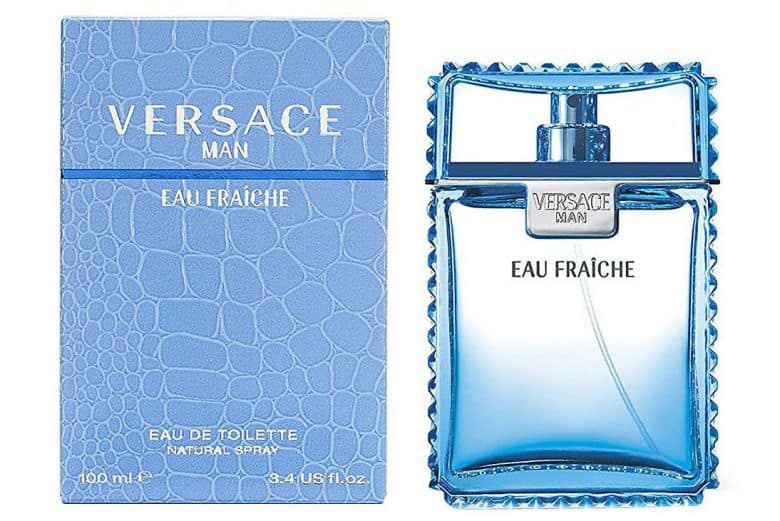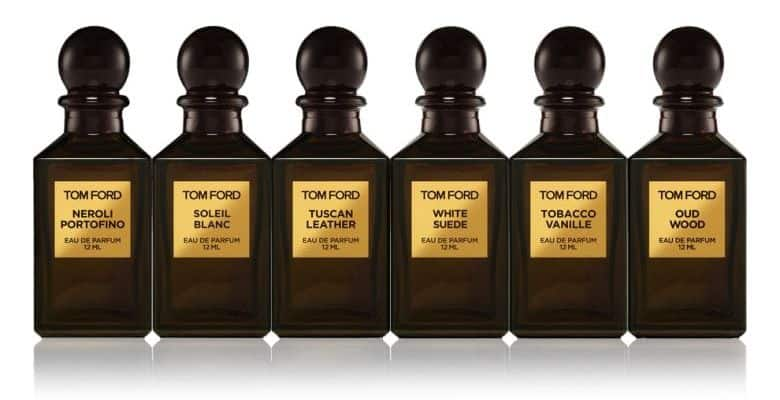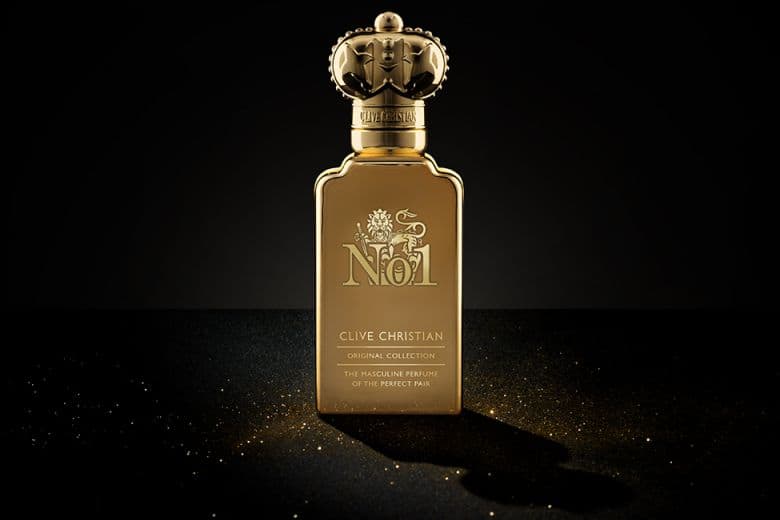



Buying a fragrance is a rather tricky business. There are the classics, and then there are the new iterations. There are scents dubbed as ‘must-have’, and then there understated perfumes that only a discerning few know about.
The esoteric world of men’s perfumes is further complicated by retail going online. Several online stores such as the global major The Perfume Shop, with stores across most world airports, have fragrance experts and guides such as Micheal Edwards, who send out an extensive list of questions about the kind of scents a purchaser likes and then generate the best options.
 Dick Truman, a fragrance expert who consults with a couple of online fragrance sites in Europe, says, “Once you know the kind of scent that a customer prefers, you can create a portfolio of scents that are closest to what a customer wants.”
Dick Truman, a fragrance expert who consults with a couple of online fragrance sites in Europe, says, “Once you know the kind of scent that a customer prefers, you can create a portfolio of scents that are closest to what a customer wants.”
Do you remember the scent of the earth after the first shower or the aroma of freshly baked cookies? You probably then understand how scents affect our worldview.
Truman believes choosing a fragrance is a delicate matter. If you have a passion for buying, collecting and wearing a fragrance, he recommends learning about them a lot more deeply. “Make the effort to smell aromatic things that are part of your everyday life—tea, coffee, chocolate, olive oil, mangoes, essential oils, whatever you can find at home. If you can just sniff fruits and spices, you will be able to hone your nose and end up buying better fragrances.”
The best research for the fragrance you like is right within your reach: from the shampoo you use because you like its smell to the scents that linger in your memory like that of your favourite food, that morning cup of fresh coffee, your love for that leather jacket…
You can also refer to online resources such as Basenotes.com, which offer a comprehensive list of fragrances, their origins, and the various notes—from honey to candy and chocolate—that make a perfume unique.
There are thousands of ingredients available to perfume creators (also known as ‘noses’), but there are a few commonly used staples in men’s fragrance such as bergamot, lavender, sandalwood, vetiver and cedarwood. If you understand which notes crop up in the handful of fragrances you enjoy most, the search for new ones will be narrowed down and much easier.
Geeta Seshu of The Fragrance Foundation says that the most crucial part of finding what you like is to test it by spraying it on the pulse points. “Spray it on pulse points where the skin is naturally warm, like your wrist or elbow, so the fragrance will heat up and reveal itself over time.”
Perfume needs to make contact with the skin; leave it on for 15 to 30 minutes before making a decision about which one to buy. “Most buy a scent within a few seconds of trying it on. The top notes of a perfume fade over time, so you need to wait for some time to see what it smells like.” Perfumes are sensitive to light and heat, and even your body chemistry.
How long a fragrance lasts also depends on what kind of perfume you use. Citrusy fragrances tend to last shorter than, say, vanilla, patchouli or woody ones.
What is the best spot to apply a fragrance?Chandler Burr, a New York-based curator of olfactory arts recommends the top of the wrists and intriguingly, down the back of the shirt. “The neck is one of the worse spots to apply a fragrance,” he says, “it is too close to our nose.”
The one cardinal rule is to never rub a perfume. “Rubbing a scent creates heat that will break up the molecules faster and ensures that it fades faster, missing out on all the notes that will reveal itself in time,” says Truman.
How do I create a portfolio of fragrances?Every perfume lover has more than one fragrance that works best in different situations. Seshu says, “Musk, for instance, works best for evenings or a date night. Citrus scents are great for a work environment or meetings. Woody and spicy fragrances work better on evenings out, at an event, a wedding or an evening spent with friends.”
While there is a new bend towards all-natural fragrances that are not melded with synthetic scents, they are not always sustainable. It takes four tonnes of roses, or 170,000 blossoms to yield one kilogram of rose oil. Not only are all-natural perfumes very expensive, but they also have a shorter wearing time and an even shorter shelf life.
What are the different kinds of men’s fragrances?Here are a few varieties of fragrances that should make it your portfolio
Eau Fraiche (English Translation: Fresh Water)It has the lowest concentration of oils (usually 1-3%) and is diluted more with water than alcohol. It stays on the skin for around two hours and is perfect for that fresh spritz in the mornings.
Recommendation: Versace Man Eau Fraiche by perfumer Olivier Cresp. Its top notes include lemon and bergamot; the middle notes have cedar and sage, while the base notes are of musk and saffron.

It has an oil concentration of 5-15% dissolved in alcohol, and lasts for 3-4 hours. The best way to apply cologne or Eau de Toilette is straight on the skin after a shower. Hold the bottle 3-6 inches away from your skin when spraying.
Recommendation: Tom Ford Noir, the fourth signature fragrance launched by the American designer who describes Noir as his most personal fragrance yet, designed for an “urbane sophisticate who the world gets to see and the intriguingly sensuous, private man they don’t”. It packs warm notes of Italian bergamot, black pepper and patchouli, balanced by vanilla, amber and nutmeg.

Eau de Parfum formulas have an oil concentration of 15-20% (lasting 5-7 hours), and fuller-bodied ingredients such as leather. They are the most sophisticated and expensive.
Recommendation: Tom Ford’s Eau de Parfum Decanter is an 8.4-ounce decanter filled to the brim with a spicy explosion of the scent that's packed with lavender and sage, with notes of bitter almond and vanilla.

It has whopping 20-30% oil to mixer ratio, and is considered the purest option by fragrance aficionados. It is often considered as luxurious as fine cognac or an expensive Cuban cigar.
Recommendation: Clive Christian No. 1 Perfume for men. It is ridiculously expensive but then, it is also said to be the best Extrait de Parfum in the world. The golden bottle embodies within it top notes of cardamom, nutmeg, lime and Mandarin orange, middle notes of iris, ylang-ylang and jasmine, and the base notes of sandalwood and musk.

To know more about perfumes, research their heritage. Metropolitan Museum of Art in New York is home to centuries-old Egyptian perfume flasks, bronze perfume dippers from the Etruscan period, striking 15th century Murano glass vessels, and hand fans that were once used by perfumers to advertise their wares. India has its heritage of perfumes or attars. You can find their reference in books on the Mughals or in the gullies of Kannaur, once considered the mecca of Indian perfumeries.
Discover the latest Business News, Sensex, and Nifty updates. Obtain Personal Finance insights, tax queries, and expert opinions on Moneycontrol or download the Moneycontrol App to stay updated!
Find the best of Al News in one place, specially curated for you every weekend.
Stay on top of the latest tech trends and biggest startup news.